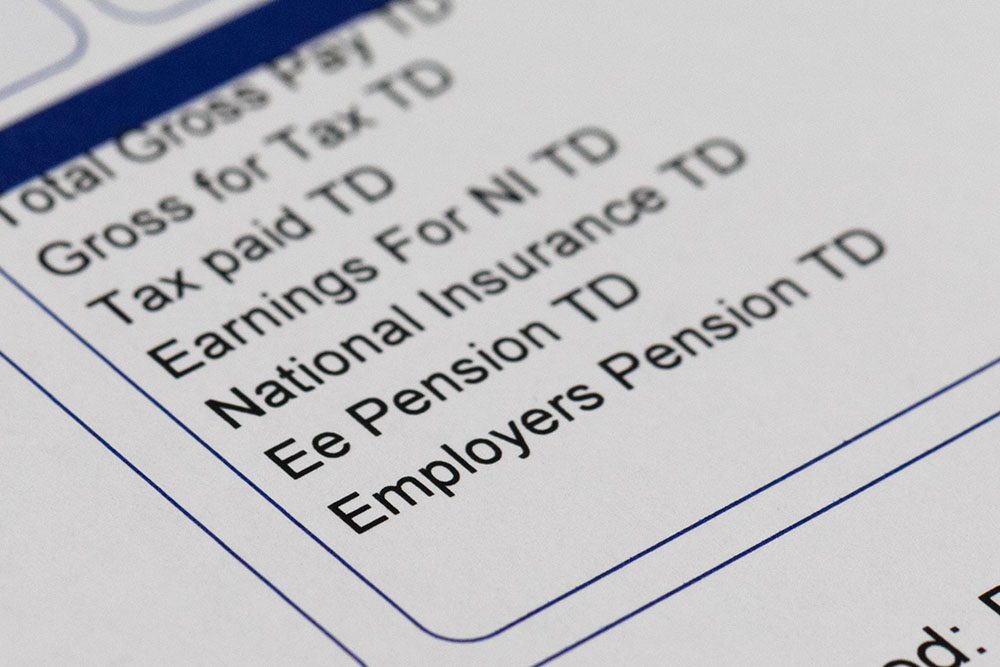
HMRC issue tax codes automatically to your taxable income providers, whether this be an employer or a pension provider. Your code instructs your income provider how much tax to deduct from your pay.
The codes are reviewed each time tax legislation changes, you receive a ‘benefit in kind’ or your entitlement to tax allowances changes.
You’ll be used to seeing them on your payslips, and receiving notifications from HMRC that they have changed your code.
But what do the different codes actually mean?
We’ll summarise the mostly commonly seen tax codes here, however a full list can be found on the HMRC website.
The most common code is 1257L, and applies where the standard Personal Allowance of £12,570 (in 2022/23) is available. It’s used for most people who have only one job.
The letter relates to your situation. For example, L means you have the standard Personal Allowance and M means you’ve received a transfer of 10% of your partner’s Personal Allowance, N showing that you have transferred 10% of your Allowance to your partner.
BR shows that all the income from that source is taxed to Basic Rate, and NT means not taxed. WI, M1 or X shows that you are on emergency tax.
One that we often come across is K. This is referred to as a negative tax code. This shows that you have another source of income that isn’t taxed, and so that tax must be collected from other income through your K code. The number shows the amount of additional income that needs to be taxed, such as the State Pension, this is always paid gross, but is taxable.
For example, let’s say Mrs Smith receives State Pension of £15,570 each year. This is paid without deduction of tax.
Mrs Smith also has a work pension which pays her £4,000 a year. Her tax code here would be K300. This lets her pension provider know that they need to calculate the tax deduction for her work pension, on that pension (£4,000) plus an additional £3,000, so £7,000 in total. This would lead to an effective tax rate of 35% on this pension.
Mrs Smith also has a small annuity from her personal pension, and this has a BR tax code. Her pension provider will deduct Basic Rate tax from the full pension – her Personal Allowance and any adjustments have been taken care of on her State Pension and work pension.
How do I know my tax code is correct?
You can use the HMRC tax code page using your Government Gateway login. You can check the income that HMRC assume you will receive for the current tax year (you can also check the previous year). If you think the information isn’t correct, you can contact HMRC to ask them to update it.
Invitation
If you’d like to discuss taxation in context to your wider financial planning, get in touch today to arrange a free, no-commitment consultation with a member of our team here at WMM.
You can call us on 01869 331469
This content is for information and inspiration purposes only. It should not be taken as financial or investment advice. To receive personalised, regulated financial advice regarding your affairs please consult us here at WMM (financial planning in Oxfordshire).











Recent Comments